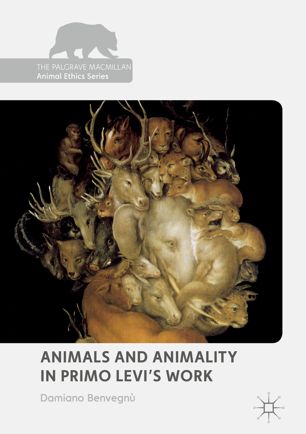

Most ebook files are in PDF format, so you can easily read them using various software such as Foxit Reader or directly on the Google Chrome browser.
Some ebook files are released by publishers in other formats such as .awz, .mobi, .epub, .fb2, etc. You may need to install specific software to read these formats on mobile/PC, such as Calibre.
Please read the tutorial at this link: https://ebookbell.com/faq
We offer FREE conversion to the popular formats you request; however, this may take some time. Therefore, right after payment, please email us, and we will try to provide the service as quickly as possible.
For some exceptional file formats or broken links (if any), please refrain from opening any disputes. Instead, email us first, and we will try to assist within a maximum of 6 hours.
EbookBell Team

4.8
84 reviewsSituated at the intersection of animal studies and literary theory, this book explores the remarkable and subtly pervasive web of animal imagery, metaphors, and concepts in the work of the Jewish-Italian writer, chemist, and Holocaust survivor Primo Levi (1919-1987). Relatively unexamined by scholars, the complex and extensive animal imagery Levi employed in his literary works offers new insights into the aesthetical and ethical function of testimony, as well as an original perspective on contemporary debates surrounding human-animal relationships and posthumanism.
The three main sections that compose the book mirror Levi’s approach to non-human animals and animality: from an unquestionable bio-ethical origin (“Suffering”); through an investigation of the relationships between writing, technology, and animality (“Techne”); to a creative intellectual project in which literary animals both counterbalance the inevitable suffering of all creatures, and suggest a transformative image of interspecific community (“Creation”).